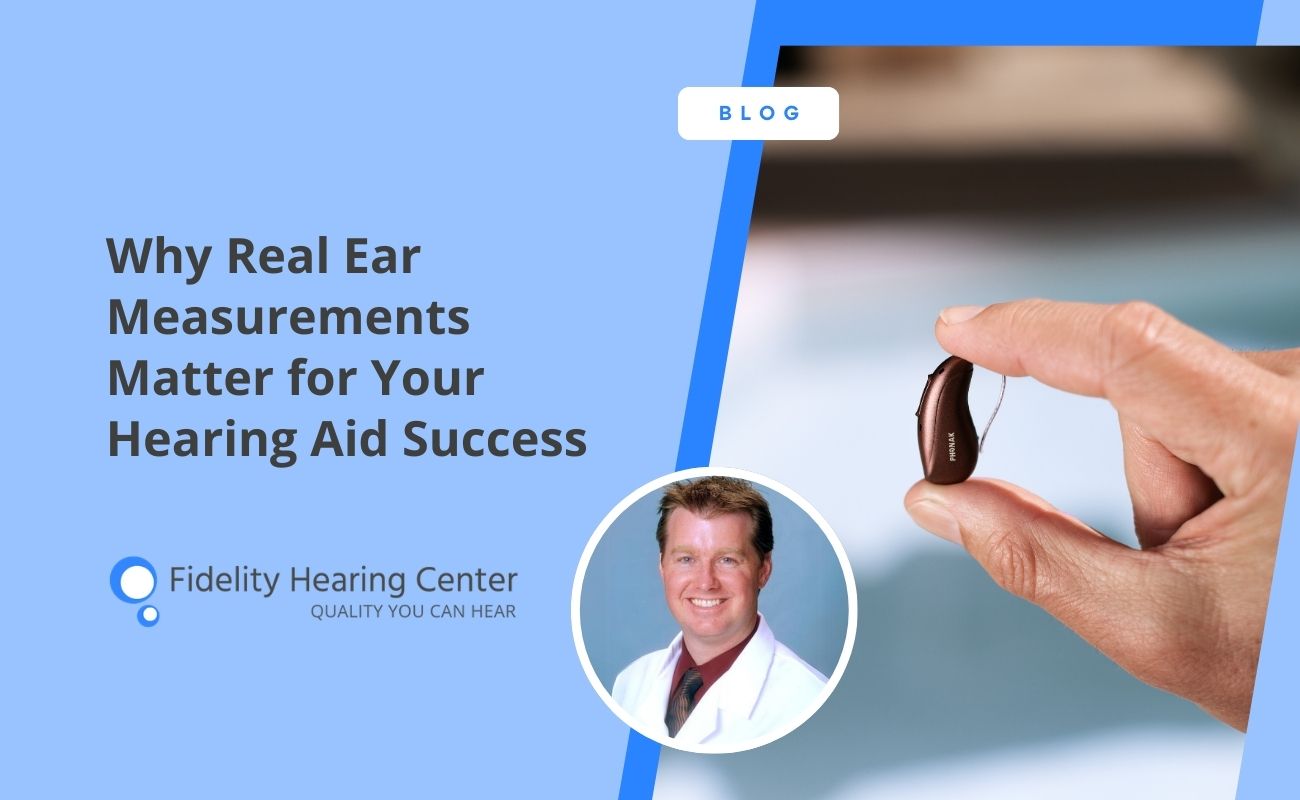Have you ever been out in a noisy restaurant and felt like you can hear everyone just fine, but you’re having trouble understanding what is being said?
This is the case for many people living with hidden hearing loss. Because it is so difficult to diagnose, hidden hearing loss is likely grossly under identified. Understanding hidden hearing loss is in a relatively preliminary stage of development. In fact, researchers have only begun to describe and study the phenomena for about six years. Despite this, Dr. Gabriel Corfas, Ph.D and his team at Kresge Hearing Research Institute at Michigan Medicine’s Department of Otolaryngology, have made a discovery of a second cause for hidden hearing loss, pushing audiology research further towards a potential cure or treatment for the condition.
What did researchers already know about hidden hearing loss?
Before this study was published, researchers did have some information about hidden hearing loss. Like mentioned above, the primary complaint for those with hearing loss is navigating and understanding conversations in noisy environments. The difference between those with typical hearing loss and those with hidden hearing loss, is the latter will pass a standard hearing test. Therein lies the issue.
How are audiologists to identify and understand hidden hearing loss if those who suffer from it show normal or near normal hearing abilities on a hearing screen?
What is the first cause of hidden hearing loss?
The most commonly understood cause of hidden hearing loss is over exposure to loud noises. With typical noise induced hearing loss, loud noises damage the delicate inner ear hair cells, which are responsible for changing the vibrations that have entered the cochlea into electrical signals that are sent to the brain for processing. When loud noises damage these cells, the hearing loss will appear on an audiogram – indicating typical hearing loss.
Loud noises, however, can damage more than these hair cells, it can also damage the inner ear’s nerve cells. The inner ear nerve cells are responsible for carrying the electrical signals sent from the hair cells to the brain, which identifies and understands – or “hears” the sounds. When nerve cells are damaged, the electrical signals are not being properly carried to the brain, therefore we cannot correctly identify and process minute differences in sound or speech – thus feeling as though we can’t understand.
When this type of damage happens, the hearing loss does not present itself on a hearing test. Someone with this type of damage would appear to have the same or almost the same hearing abilities as someone with normal hearing.
Second cause uncovered by researchers
Dr. Corfas and his team of researchers have uncovered a second cause of hidden hearing loss – a loss of myelin in the auditory nerve. Myelin is responsible for insulating the neuronal axons in the ear. The researchers uncovered that common demyelinating disorders such as Guillain-Barré syndrome, (which can be caused by Zika virus) could also be causes of hidden hearing loss.
Corfas and his team used tools to genetically induce myelin loss in mice – thus modeling the damage incurred with Guillain-Barré syndrome. Although the myelin in these mice regenerated itself in a matter of only a few short weeks, the mice still suffered permanent hidden hearing loss. The two types of hidden hearing loss are not thought to be mutually exclusive, “both forms of hidden hearing loss, noise exposure and loss of myelin, can occur in the same individual for an additive effect,” Corfas says.
To read the full overview of this study, visit sciencedaily.com.
Why is this important?
Understanding that there can be various causes of hidden hearing loss will take audiologists one step closer to a proper diagnosis of the condition. Dr. Corfas hopes that his research will lead the industry closer to the development of medication or treatment options for those who suffer from hidden hearing loss.
What can you do if you think you have hidden hearing loss?
If you think you may have a hidden hearing loss, reach out to us at Fidelity Hearing Center or your local hearing specialist today. Remember to let your audiologist know your symptoms, and that you are concerned that your hearing loss may be “hidden”. It is important to understand your hearing abilities – and know the common warning signs for hearing loss – both hidden or otherwise. Reach out to our friendly team today to schedule your hearing test and to meet with our knowledgeable audiologist.






.png)